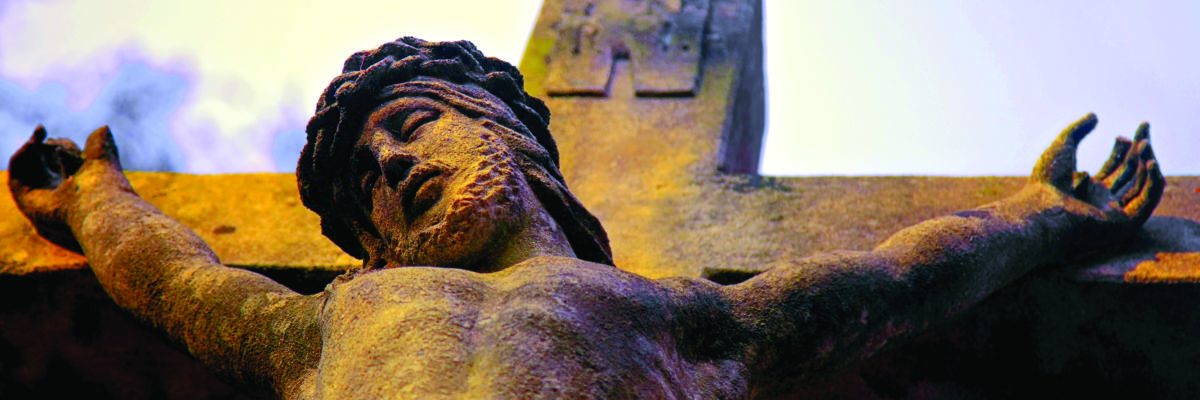
Question:
Answer:
Jesus exercised his sovereign power to abrogate the sabbath law in at least some way. This is why he states, “For the Son of Man is Lord of the sabbath” (Mt 12:8). Both “Son of Man” and “Lord” are references to Christ’s sovereign power. The footnote in your Confraternity Version is wrong. Footnotes in Catholic Bibles are not infallible.
The sabbath command is the only one of the Ten Commandments which can be altered in any way, because only it is a part of the ceremonial law. This is taught by the Roman Catechism issued after the Council of Trent:
The other commandments of the Decalogue are precepts of the natural law, obligatory at all times and unalterable. Hence, after the abrogation of the Law of Moses, all the Commandments contained in the two tables are observed by Christians, not indeed because their observance is commanded by Moses, but because they are in conformity with nature which dictates obedience to them.
This Commandment about the observance of the sabbath, on the other hand, considered as to the time appointed for its fulfillment, is not fixed and unalterable, but susceptible of change and belongs not to the moral, but the ceremonial law. Neither is it a principle of the natural law; we are not instructed by nature to give external worship to God on that day, rather than on any other. And in fact the sabbath was kept holy only from the time of the liberation of the people of Israel from the bondage of Pharaoh.
The observance of the sabbath was to be abrogated at the same time as the other Hebrew rites and ceremonies, that is, at the death of Christ. . . . Hence St. Paul, in his epistle to the Galatians, when reproving the observers of the Mosaic rites, says: “You observe days and months and times and years; I am afraid of you lest perhaps I have labored in vain amongst you” (Gal 4:10). And he writes to the same effect to the Colossians (Col 2:16).


